What is horror really? Yes it’s a genre for various forms of entertainment, but have you noticed just how many different types of stories seem to fall under that one heading?
While many genres have a variety of subgenres, horror seems to have an endless amount, from supernatural to environmental to psychological to straight-up gore. And sometimes one film can have a bunch of elements all rolled into one. But does being a fan of one subgenre make you less of a horror fan?
The Beat’s very own horror fanatics sat down to discuss.
DEANNA DESTITO: I’ve gotten into arguments with people about this where I’ve been told I’m not a true horror fan because I don’t like gore porn. I prefer the supernatural stuff. I like the ghosts and the creepy hauntings, and the demonic stuff, too. I like the classics, Friday the 13th, Nightmare on Elm Street, but once I get out of the late ’70s, early ’80s, I tend to go in the other direction. Do you think that it should all be under horror? How would you guys categorize horror?
D. MORRIS: For me, my tastes tend to run towards something that’s either super arty [or] my favorite genre descriptor for horror is splat stick. So it’s stuff like Evil Dead, Dead Alive. Reanimator. Or it’s like Don’t Look Now, The Wicker Man, stuff like that. Texas Chainsaw Massacre, I’d put in arty. So it’s pretty wide.
 Texas Chainsaw Massacre
Texas Chainsaw MassacreJARED BIRD: I love me some good, delicious stupid horror movies that I just watch and have fun with. But then I also like when stuff has artistic meaning and merits, and it tries to challenge you. I feel like with horror especially I give most things a try. There’s only one subgenre off the top of my head that I’ve never clicked with ever, which is French new extremity. Every time I’ve tried it out it hasn’t appealed to me. Kudos to the people it appeals to. If you watch Martyrs for fun in your spare time, I respect it. I’m not that person.
MORRIS: Yeah, I’m with you there, Jared, because the only French new extremity I’ve ever watched is Trouble Every Day, but that’s because I love the director, Claire Denis, but everything else I’m like I don’t know if I’m ready for this yet because I won’t watch torture porn either because it just feels too sadistic. French new extremity, a lot of that is an intellectual exercise because that’s so much of French filmmaking. There’s an emotional removal of compassion, sense of empathy, that I don’t know if I’m ready to engage with, or, if I ever will.
RICARDO SERRANO: My rule for every genre is, find an interesting hook and execute it to serve a story. Avoid gimmicks. I sat through all of Martyrs, but after a certain point, I was like, I get it. People have to suffer, and sometimes that suffering is perverse. Let’s move on. But when I saw High Tension, which is one of the most important French new wave films that just took off and inspired a whole lot of other movies, I saw a very successful attempt at settling on a hook and seeing it through.
I had a similar experience to Deanna where some people have told me that I’m not a true horror fan because I’m not a super fan of Giallo. I really only like very few them. I like Suspiria obviously. I can do one or two Fulci movies. But in general I find them so badly acted and sloppily scripted that it’s distracting. Also, the voice dubs were pretty terrible. Interestingly enough, there is a lot of gatekeeping in horror.
BIRD: I watched Suspiria on the recommendation from someone I saw at Okay Comics, a comic shop here in Leeds. I was in the area for Thought Bubble, and it got recommended. I didn’t know anything about the filmmaking process of Giallo. And I’m like, “Why aren’t the voices matching the mouths?” I don’t really do dubs, so it was such an interesting shock, but then I really enjoyed Suspiria. I liked the other Argento movies that I watched. I’ve not seen anything outside of his work, though. So I can’t say I’m a fan.
MORRIS: Mario Bava is incredible.
SERRANO: He’s the guy that kind of opened it up for the other people.
MORRIS: Also making this comics related, Blood in Black Lace. The killer looks like The Question. The disguise for the killer is like a blue hat, blue raincoat, blank face, and I’m like, why is The Question killing all of these attractive Italian models?
DESTITO: It seems that there’s almost an arrogance with horror fans. “Oh, your horror is below my horror?” Do you think that from a psychological standpoint horror fans need to rationalize their horror? I’ve had people say they’re shocked that I like horror as much as I do. When I write creatively, most of it is in the horror genre. They’re like, “You’re a kindergarten teacher. What are you doing?” I’m not just a kindergarten teacher, you know! Do you feel like you have to as a horror fan almost rationalize why? And that’s why some of them get so highbrow about it?
MORRIS: I know it’s hard for me because I watch a lot of crap. One of my favorite movies is this Italian knockoff horror movie called Shocking Dark by Bruno Mattei, and I think this is why I can stomach Giallos because I know a lot of those movies were made as knockoffs of other movies. Shocking Dark is this movie made by Mattei, who wanted to make a sequel to Aliens. He also wanted to make a sequel to Terminator. So it is Aliens 2 in some countries and Terminator 2 before Terminator 2 came out. It is a movie that literally feels like it was made by a 12 year old boy making a sequel to his favorite horror movies. They just found a factory. They shot it for like maybe $200,000, and they’re just running around this factory saying, “This is the future!” It’s literally a shot for shot remake of Aliens until the end, which I will not spoil because it is insane.
SERRANO: When someone asks me if I like horror, I say yes. They then go through the usual suspects of the genre. They ask if I like Michael Myers and Jason and all that stuff. I tell them I do, but then they ask what else I like. That’s where I tell them about deeper cut horror movies. And that’s where I see faces change. I think horror is still very much taboo in certain respects. So when I say that I like Halloween, people don’t freak out because it’s kind of like the more popular and “safe” killer movie. There are Michael Myers plush toys out there. There’s Funko Pops. You can dress up as Michael Myers for Halloween. But when you transition over to the older movies, or something like Suspiria or even Texas Chainsaw Massacre, that’s when they start giving you strange looks. They go “oh, so you like watching people die.” But they had no problem with Halloween. I feel like some people have their safe space for horror, and then, when you take them out of that little safe space they start thinking, “oh, this guy’s a psycho.”
MORRIS: Texas Chainsaw Massacre is always surprising when you say you like the movie because I feel like people who watch it aren’t actually watching it. It’s a very artful film and very well made. It’s very dreamlike. It also has a guy running around with a severed face and with a chainsaw, and there is a tendency to want to push things. But again, I feel like there’s so much in there. I’ve come across so many people who are just like, “You like that film? It’s just so gross, and there’s nothing in there.” I’m like, “No, there’s a lot going on.”
Ricky and I have talked about how it comes out of a tradition of Southern Gothic storytelling. It’s such a rich text to revisit. Every time I watch it, it’s just incredible to see on the big screen and then see people’s reactions to it, because the first time I saw it on the big screen, somebody’s like, “That’s what they make in Texas?” And I’m like, “Yeah, they do. People are kind of weird there.”
BIRD: I feel like an interesting cultural difference is showing its head here a bit. Because obviously in the Thatcher era, the UK banned a lot of horror movies as video nasties. A lot of these kind of hallmark ’70s, ’80s, ’90s horror movies just did not get the same pickup here as they did in the States. A lot of these classics–Friday, Elm Street–they showed here, but they didn’t necessarily have the same immense cultural impact that they did in the States.
You get horror movies here that have a huge legacy, Don’t Look Now, The Wicker Man, these very British horror movies. When I tell people that I like horror, I think the go-to response isn’t actually slasher movies and stuff like that. I’ve noticed, and this could also just be an age demographic thing as well, when I tell people I like horror they’re like, “Oh, have you seen The Witch and Hereditary, very new, elevated horror. Then I say, “I’ve watched Scream eight times, and they’re like, “the trashy ’90s movie?! It’s so old!”
DESTITO: The first Scream is a great movie.
BIRD: It’s a great movie. It also reared its head for me a lot, because I did a literature degree and when I would talk about horror literature people would be like, “Oh, Mary Shelley, Edgar Allan Poe,” and I’m like, “Stephen King as well.” You would never think that people would not go there first, because obviously in the States, you say, I read horror books. They’re like, “Yeah. Have you read anything outside of Stephen King?” But here (in the UK) I can count on one hand the amount of people I know who’ve read a Stephen King book and almost all of them, it’s because I’ve suggested them one.
DESTITO: For me, Freddie, Jason, Michael Myers, these are the top three guys, and to hear that those movies didn’t take hold the way that they did here is interesting. My American arrogance is coming out. What do you mean you don’t know and love these things like we do!?
SERRANO: I feel like people don’t necessarily understand the idea of subgenres, and so they don’t always know how to classify them. I’ve talked to people that say “I don’t like horror, but I love zombie movies.” Well, then, you like horror. It doesn’t get more horror than that. I feel like the idea of a subgenre in itself is a little bit alien, in the United States at least. The general audience tends to be more focused on slashers, but it’s because slashers were what we got from the ’80s onwards. That’s only somewhat changing now since The Witch came out and Hereditary, and whatnot. The ’80s were slasher dominated. The ’90s was the decade of Scream and I Know What You Did Last Summer. The differences between Puerto Rico and here aren’t that many in terms of horror, but back home we tend to skew a little bit more towards the supernatural because Puerto Rico is a very Catholic island.
DESTITO: We Italians have our mythology and our saints and our evil eye and all that kind of stuff, and a lot of the Italians lean more toward demons and supernatural. The horror stories you’re told as a child tend to lean in that direction.
SERRANO: When you see a slasher movie back home, that’s the movie where everyone goes to scream and throw popcorn at the screen. But when Insidious and The Conjuring came out, and especially the director’s cut of The Exorcist, you could hear a pin drop because everyone was scared shitless.
 Insidious
InsidiousMORRIS: It’s funny because The Exorcist is such an art house horror film. But it’s also exploitative horror. I think it was the first horror movie I latched onto. Even today, it’s still one of the most wild movies.
 The Exorcist
The ExorcistDESTITO: Linda Blair was very young when she did that movie. That was not an adult who looks young. She was a kid. I know they used a body double for some of it. But you know, when she’s mouthing some interesting language that’s her. It pushed a lot of boundaries, and I watched that way too young. And I definitely watched Friday the 13th when I was like six. I think I’m a relatively functional human being despite that, but clearly I love horror. Although maybe Scooby Doo had a hand in that as well. So how would you classify The Exorcist?
MORRIS: I would put that in religious horror. I also have a list that’s religious horror but clearly not made by people who understand the religion they’re depicting, like The Nun movies. The Pope’s Exorcist basically makes priests wizards. And I’m okay with it.
BIRD: I had a Catholic upbringing, too, but I had pretty free reign as a teenager to watch whatever. I was maybe thirteen when watched Alien for the first time. But there was one movie that I was not allowed to watch until I turned eighteen, and that was The Exorcist because my Nan saw it back when it came out, and it scared the living daylights out of her. And she’s like “Never, never again, not in my household.” I still remember the day after I turned eighteen. I was like, Mom, can I finally watch The Exorcist? But there was still a part of me that was slightly concerned that it would actually open a Hell portal.
I have to nab this from one of my professors, but she explained that what’s really scary about the religious horror is that the entire first half of the movie goes through every possibility of what it could be only to show you that it is definitely not that, and it definitely is that she’s possessed.
SERRANO: If you haven’t read The Exorcist novel it is a little bit nastier as well because there’s more interaction with the demon. They have more conversations with the demon and it says a lot of weird stuff. I would actually classify it as supernatural rather than just possession horror, which is its own subgenre. You can classify them in different subgenres at once, and the subgenre part of horror is underrated. I think one of the reasons is that, and this is more on a studio level, they want to classify it as a type of horror that lends itself to being easily marketed. They don’t want you to say you haven’t watched it because I’m not interested in the genre. No one has ever really known how to market something like The Human Centipede.
DESTITO: Oh, I have no interest in that movie. That’s where I draw the line.
BIRD: I’ve seen it.
SERRANO: Did you like it?
BIRD: No, it’s rubbish.
MORRIS: I’ve seen the South Park parody.
DESTITO: Do you think that movies are scarier when they do stuff that morphs the human body and plays with an actual human, like Reagan’s inhuman crab walk down the steps, or do you think stuff that could actually happen is sometimes scarier?
MORRIS: I will talk about this as the resident David Cronenberg fan. I can watch anything Cronenberg does. Last year I reviewed a movie called Stop Motion, and it had one of the most brutal scenes I was not expecting. If there’s scenes of self mutilation I can watch. Movies where people just get broken in half or ripped apart, it’s nothing, but in Stop Motion there is a scene where they’re just digging and digging the muscle out of themselves. It was the first time I was covering my eyes and just looking away, because I just couldn’t handle it. It’s something you could do to yourself hypothetically, and it was horrifying.
I don’t know if any of you have watched Ugly Stepsister yet.That is particularly brutal. It’s a great movie, but it’s also not one I will ever watch again because it’s just so horrifying. It’s true body horror that could happen to the human body versus David Cronenberg, where I don’t think you could actually have a human being merge with a fly. But I can watch that all day. I can’t watch things actually happening to human bodies.
DESTITO: Well, that’s why I think something like Texas Chainsaw Massacre is also scary, because you make the wrong turn into the wrong corner of the world, and you could be destroyed like that. You could be a prisoner, and you could be chased by a crazy person with a chainsaw. Humans are scary.
BIRD: Like many things, it all comes down to how it’s presented. Because sometimes I’ll watch something. And I’m like, Yeah, that could happen to me. I’m not scared at all. Everything in I Know What You Did Last Summer could potentially happen to me. But I’m at no point particularly scared of that kind of thing. I know the movie is slightly controversial, but the last 30 minutes of Alien Romulus contains something that would never, ever happen. But it scared the shit out of me. I watched Cronenberg’s newest film, The Shrouds, and there’s nothing super flashy in that movie. But there are moments where you see elements of body horror, and the scariest thing in that whole movie is someone breaking her hip. It just happens. She just turns around and snap–breaks her hip. It’s really unsettling.
Bring Her Back did a great job at this. There is gore that is teetering on what is realistic and what’s not. But, oh, my God! It was a nasty movie! It made me feel horrible, and I loved every second of it.
 Bring Her Back
Bring Her BackSERRANO: Even with the gore, I feel like there are ways of really getting something scary out of stuff that you might not consider scary yourself. I’m usually not scared with slashers. I watch just to see how creative they can be with the story and the killer. But if you see Silence of the Lambs, the way that they treat the pure evil that the villains embody, it’s not just this guy cutting this person into four pieces and then admiring how nasty that is. You’re like, man, this guy is sadistic. And though he did this to this character we don’t know that much about, it’s still a person.
MORRIS: Insidious scares the shit out of me because it’s one of the best horror movies of last decade. So much of it is because it starts off as a haunted house film. And then it’s like, Okay, we’re gonna leave this house. It’s obvious something’s wrong here. They moved to the other house, and it’s like, no, that’s not what’s happening. We’re rewriting what you think. It’s one of the scariest PG13 movies, along with Poltergeist, which still freaks the Hell out of me.
 Poltergeist
PoltergeistSERRANO: The good thing about subgenres, in particular, is that we’re never all going to get scared of the same stuff. I feel like The Conjuring movies, especially the second one with the nun, is one of the most terrifying things I’ve seen in my life. I was scared shitless as a kid just watching Are You Afraid of the Dark, the Nickelodeon series. There was nothing extreme, just really good stories that were presented in a very nice way, with good enough makeup and effects, and I feel like the whole idea is trying to find where you kind of fit in. That’s not something that a lot of genres give you. Like in romance, you kind of have to want to be in love or like love. But in horror, you can come in through monsters, through religion, through folk horror. Or slashers if you like that. Maniac is amazing. It is a little scary, but it’s also sad, because the slasher is also just really psychologically broken.
DESTITO: That’s a really good point, that the subgenres make it more accessible to a lot of people. If you don’t like gore, there’s another type of horror that you might get into. With so many options, having so many gatekeepers is a weird irony, right?
MORRIS: I’d also argue the misogyny aspect of some slasher movies. But then again, that’s not all slasher movies, because I mean, you have movies like. Candyman, which is one of the all time greatest slashers. But it’s also a Dracula movie. I have a whole thing about that I’ll tell you one day. I mean, not every slasher’s misogynistic in the same way.
DESTITO: It’s almost like slashers have their own subgenre right?
MORRIS: In the same way haunted house movies have their own subgenres.
SERRANO: Well, slashers have the supernatural. That’s where Candyman falls.
BIRD: And Nightmare on Elm Street.
MORRIS: Friday the 13th after #6 would be a supernatural slasher when Jason becomes a zombie.
BIRD: #6 is the best one.
DESTITO: Where do we put Jason in space? Sci-fi?
MORRIS: Sci-fi, yeah, absolutely. David Cronenberg’s in there. So yes, it’s sci-fi.
BIRD: I think the problem is that I feel like a lot of slasher movies don’t necessarily do themselves any favors. I think that part of their reputational problem doesn’t actually come from necessarily anything in the movies. It comes from the dilution of the genre. I think a lot of the time slashers get a bad rep because there are thirteen Friday the 13th movies and eight Nightmare on Elm Streets and they just keep going. We’re having this seventh Scream movie. What are we still doing here? And I know that is part of the charm of the genre is that you can keep going into infinity. That is part of the reputational problem. There is the misogyny element as well, but from my experience slasher fans that I tend to meet, maybe it’s because I know a lot of people who are really into Scream specifically, but a lot of them are younger women or queer people. Or like 40-year-old dudes, people who could conceivably have watched it when they were my age, and then just kind of stuck with it.
Slashers dominated the late ’70s, the ’80s, the late ’90s, and then the early 2000s. I think that’s part of why elevated horror really appealed to a huge crowd of people. It wasn’t slashers because it was like, “Oh, wait! We can do this other thing that doesn’t involve teenagers getting murdered by a lakeside.”
SERRANO: I think a lot of the blame also falls on the studios, because if you go and read the history of the production behind the Texas Chainsaw Massacre sequels and the Jason sequels, you see a lot of studio interference. They think the filmmakers are taking this way too seriously. They think we need this girl running from point A to Point B into a chainsaw. And we need this guy falling from the roof into a chainsaw. And then you have some of them that are great with building up the lore behind them, like Jigsaw, but also you have so many that are just elaborate kill scenes that you’re like, “Man, this guy is old and dying of cancer. You cannot build on that. Just let him die.” You start questioning it. Maybe Saw didn’t need 11 movies. Maybe a second part and a third one to cap it off. Something that’s also interesting is that it’s kind of easy to bring back the killer, especially if they have a mask, because it can be someone else.
MORRIS: As I say, the economics of it is horror. Movies can be real cheap to make and then make a butt-ton of money.
DESTITO: What about the movies like Jaws or Silence of the Lambs? These are movies that people consider good movies. People sometimes think horror is crap, but those are horror movies. Some recent movies are going a little bit deeper into things. Like Sinners is a horror movie, but some people would say, “Well, it’s not really horror.” But it is.
MORRIS: We have elevated horror, and that term came about because people had to say, “Oh, wait no. This horror is artful and smart and well made.” But people have their own stigmas about horror. Even though Night of the Living Dead and Texas Chainsaw Massacre tell us more about the 1960s than maybe many of the Oscar winners of that time did.
 Night of the Living Dead
Night of the Living DeadBIRD: Deanna and Ricky, you shared your experiences with people saying, “Oh, you’re not real horror fans. You don’t like that thing.” I think I go out of the way to bait people to try and say that to me. I will literally describe anything horror adjacent. Yeah, that’s horror. You’ve liked a horror thing. I am firmly of the belief that you could probably find a horror thing out there for anyone. I’ve spoken to people who are like, “Oh, I don’t really like horror, but I love Coraline.” Congratulations, you like a horror movie. I’ve done that with Wuthering Heights. I would consider that a horror novel. It’s got ghosts in it. It’s weird, it’s dark. It’s got abuse. They hit each other with all sorts of things. There’s violence, scariness, all you need.
DESTITO: Serial killer movies are horror.
MORRIS: No Country for Old Men can be classified as a horror movie.
BIRD: Anything Cormac Mccarthy could be classified as horror.
SERRANO: I think that’s something horror shares with comics. It’s like people love taking whatever they like from comics, but then saying, “Yeah, they’re not literature but this is great!” Then we dismiss it. I feel like we do the same with horror; we take what we want. Oh, this was really scary. This is really good. But I don’t like horror, I’m not a horror fan. I don’t watch that stuff. But this part was scary, and I liked it. It wasn’t until Stephen King really made it popular and a bestseller enterprise that horror was all of a sudden an event. It started getting a little bit more respect, but then some people tried to diminish it by separating it into spheres of quality with the elevated horror idea.
DESTITO: It’s still a horror movie, even if it turns out to be a psychological breakdown, like The Babadook. Did it happen, or did she have a break? Or The Woman in the Yard. The Babadook they leave you wondering. The Woman in the Yard, they tell you what it is flat out. And there are some scary parts. It’s still horror, but there are no “monsters” besides her own struggles. Do you like your horror to be resolved or unresolved?
MORRIS: It Follows is one of my favorite movies of the century so far, and it does not resolve anything. You don’t know what it is. You don’t know why they’re being chased, and the movie just leaves you at the end wondering. It’s so much better that it does not tell you because it’s so much more terrifying.
SERRANO: It depends. If you’re gonna reveal something for me, it better be worth it. If you’re gonna leave me with questions, I also expect good questions. The Babadook is a great example because you can argue it equally. She was either possessed or out of her mind. One of the best examples is The Blair Witch Project, which I love. It was the first found-footage film I saw growing up, and I went to the theater believing that I was gonna see a documentary.
DESTITO: That was a great pr/marketing situation. They left you thinking until the day that it came out.
SERRANO: The actors had something in their contracts that they couldn’t talk about it. They’re giving you the little backstory of the place where the woods are and who the Blair Witch was supposed to be. I was already sold when I saw that. And then at the end of it, there’s no “this is a work of fiction.”
DESTITO: It just stops.
SERRANO: When you see the movie, you’re like, I think I just saw three people get murdered. It could be a serial killer in the woods. It could be the witch. You have enough to argue both. If you’re gonna leave me with something that’s not entirely resolved, give me a space to entertain both.
DESTITO: Does any subgenre do that better than others?
BIRD: I mean, while we’re on the subject of found footage, I do think that it’s one of those genres that is really heavily impacted by the choice to resolve things or not. I’m a defender of this subgenre for the record. I love me a good found footage horror movie. I watched this Australian film called Lake Mungo. And it’s really such a sad movie, so heartbreaking, and it has a couple of really good scares in it. The whole movie is tugging with this main question, and I won’t say what it is because I don’t want to spoil it. But they answered that question right at the end, but it only gives you more questions the way that they answer it. It just leaves you with so many more questions, and we are like, wait, wait.
MORRIS: I will say there are times when a film will not give you enough answers. Rust so maddeningly frustrating. Abraham’s Boys, which is an adaptation of a Joe Hill short story, is very bad because it’s trying to tell you that Dracula didn’t actually happen. It may have just been a crazy person. It’s frustrating because there’s hints of Dracula in the story. But then it never gives you any answers to what’s actually what. The idea that Abraham Van Helsing may be just a crazy old man is just so frustrating.
SERRANO: For me, supernatural movies are the ones that deal with the unresolved better because I they invite audiences to bring in their own cultural philosophies and ideas. I feel that when they give you answers, it can all be more terrifying than what you were believing. My favorite movie is The Exorcist, and my second favorite movie is Carnival of Souls. It gives you an answer, but it just makes the entire movie creepier. Slashers, they are what they are. And you can lump animal horror, which I also love, in there. Because you have Jaws, but you also have Cujo and The Reef, and you have so many others. You don’t worry about finding out what the real identity of the alligator is. You’re just there to see how many people the alligator eats.
DESTITO: I love the fact that anyone our age (sorry, Jared) has a visceral response to the Final Destination movies. I’ll never drive behind a truck with logs.
BIRD: The town where I’m from is a surf town, and next door is a logging town. So when you’re driving on the way in, you’re driving behind all these log trucks. I remember every time my mom would just turn around and she’d be like, “You thinking about what I’m thinking about right now”? And I’d say, “Final Destination?” She’s like, “Yeah, I’m thinking about Final Destination.“
MORRIS: I know Final Destination is supernatural, but I’d also classify it as a slasher because essentially it’s just Death mercilessly killing teenagers.
BIRD: I would also classify Final Destination as delicious garbage. But I love those movies.
SERRANO: Delicious garbage is its own horror subgenre. There’s so many bad horror movies that you just like to see.
DESTITO: There was a period of time where that’s all that I would watch. I would go on Netflix and find the most low rated crap movie. And honestly, there were some gems because sometimes the low budget ones didn’t have money for special effects, so they had to rely on other ways to scare you and it was almost scarier. I hate the big budget haunted house movies with all the CGI. It looks cheesy to me. I would rather it just be a shadow or a sound, or a look. Like somebody running across the camera because they don’t have a budget for special effects. It’s Paranormal Activity where it’s just the oscillating fan going back and forth, and the ghost gets closer every time it swings back to it. It’s clearly a little kid in a sheet, and it’s like $5 to make that shot, but it was great.
BIRD: I think there is a subgenre of horror that should be called survival horror, not to do with the video game genre of survival horror. The main point of it is that you’re surviving the experience. Stuff like Dangerous Animals or 47 Meters Down. These are not really slasher movies, but the goal is still trying to survive.
DESTITO: The Descent would fall into that, too.
SERRANO: How much do you reveal and how much you don’t reveal? When Stephen King pulls that off it’s beautiful. When he doesn’t it’s like, you kind of gave me too much.
BIRD: I just read a short story collection by Thomas Ligotti called Teatro Grottesco. I didn’t really click with it. For some reason I almost felt like he didn’t give me enough answers. I thought I saw what you were doing. But now I don’t get it anymore. Part of the problem was that I had just had this massive high of reading North American Lake Monsters, by Nathan Ballingrud and I just absolutely adored every page of that book. I think I was searching for something that scratched that itch, and then Teatro Grottesco didn’t do that.
SERRANO: Horror books also have their own subgenres, and they’re so great as well. That’s what you get with a great anthology. You get such a wide selection of different horrors. You’re not gonna read a single anthology where each story is the same.
DESTITO: I love anthologies. There used to be a lot of anthology films back in like the ’70s and ’80s. They don’t really do that anymore. That subgenre of horror has kind of dropped off.
SERRANO: I will say that the British got everyone beat there because their horror anthologies are amazing. Like Tales from the Crypt is, I think, still the best one. It was an Amicus production. Hammer put out a lot of anthologies themselves, but they weren’t alone. There are companies other than Hammer that did this.
DESTITO: You would think that in our culture, where we like things fast and quick, we would relate to the short story format.
MORRIS: The VHS films are an anthology, more or less.
BIRD: My favorite anthology horror film from the 2000s, which is a Trick or Treat. I love every story in it, but particularly when you get to the end. And it’s Brian Cox being emotionally tortured by this little kid in a pumpkin hat. Dan, you might appreciate this. I did see in a bargain bin of a DVD store a true Floridian film, though I’m pretty sure it’s British, but I think it’s trying to emulate Florida man aesthetics. It’s called Attack of the Meth Gator.
DESTITO: Is this regional horror?
SERRANO: And Sharknado, we had so many of those types of movies.
DESTITO: Sharktopus. SYFY pumping out every possible animal hybrid they could think of.
BIRD: Velocipastor.
MORRIS: Wolf Cop..
BIRD: Delicious garbage.
What do you think about horror and horror subgenres? Let us know in the comments!







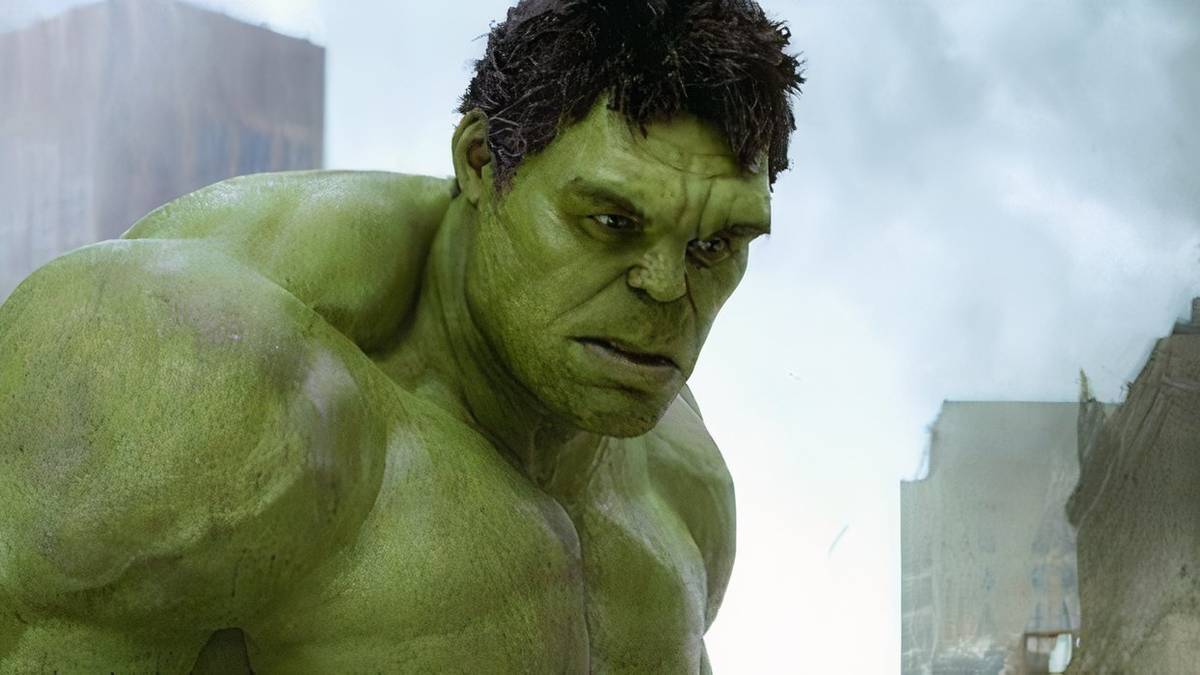

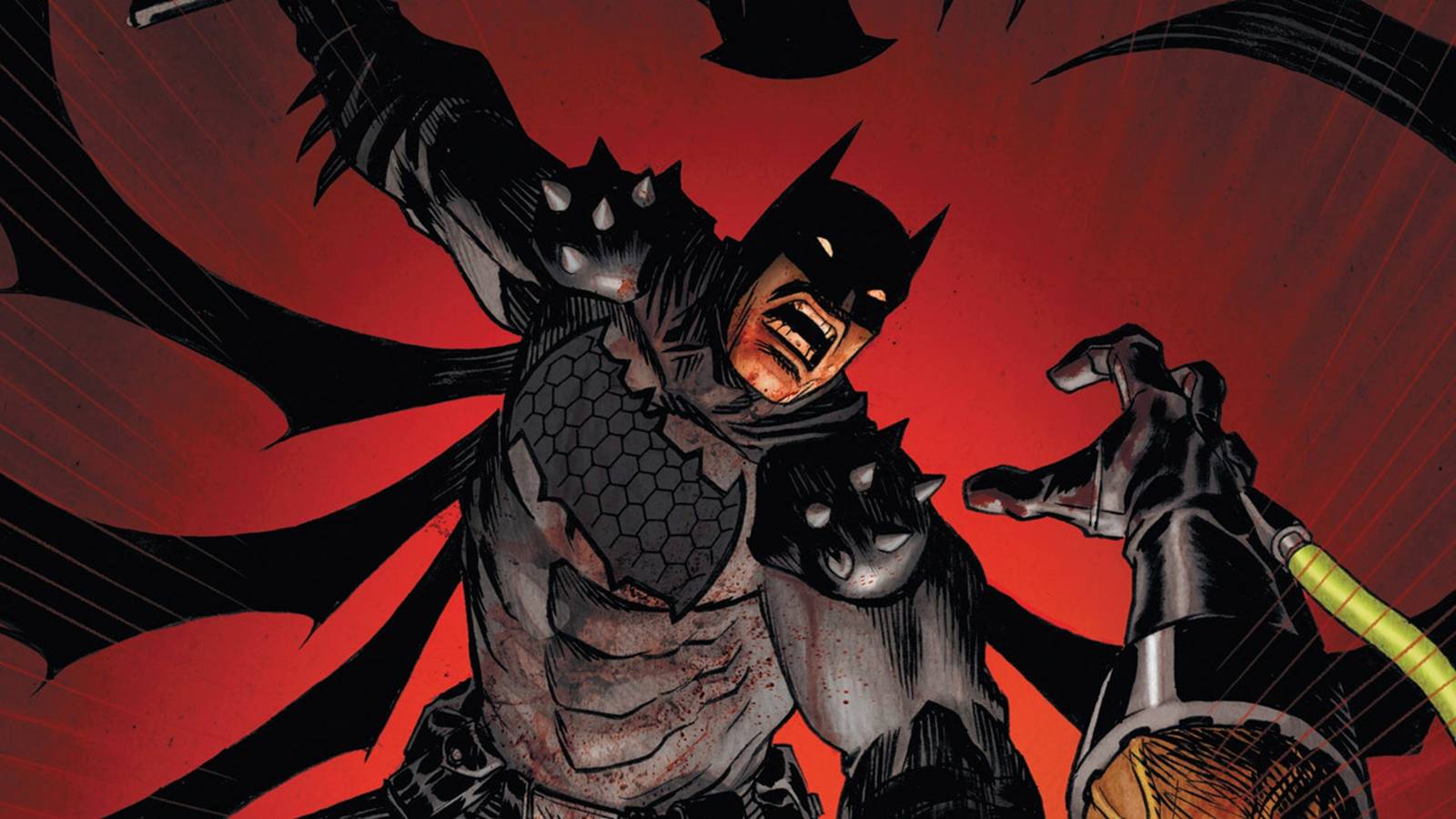
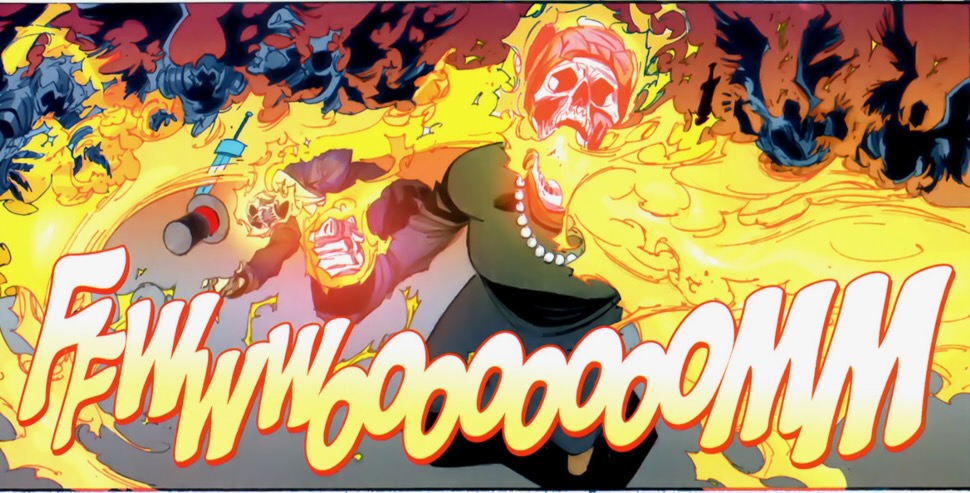
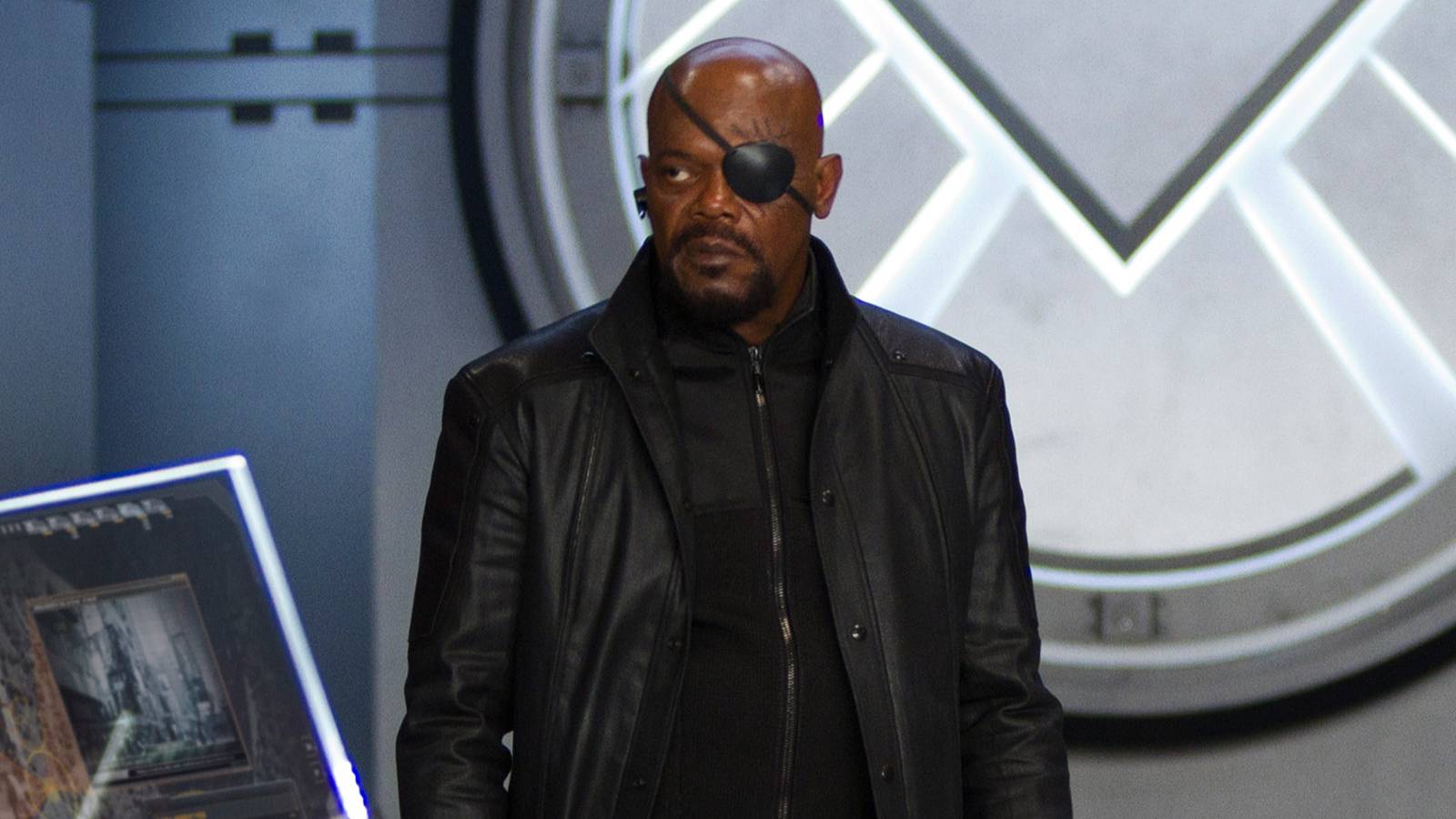
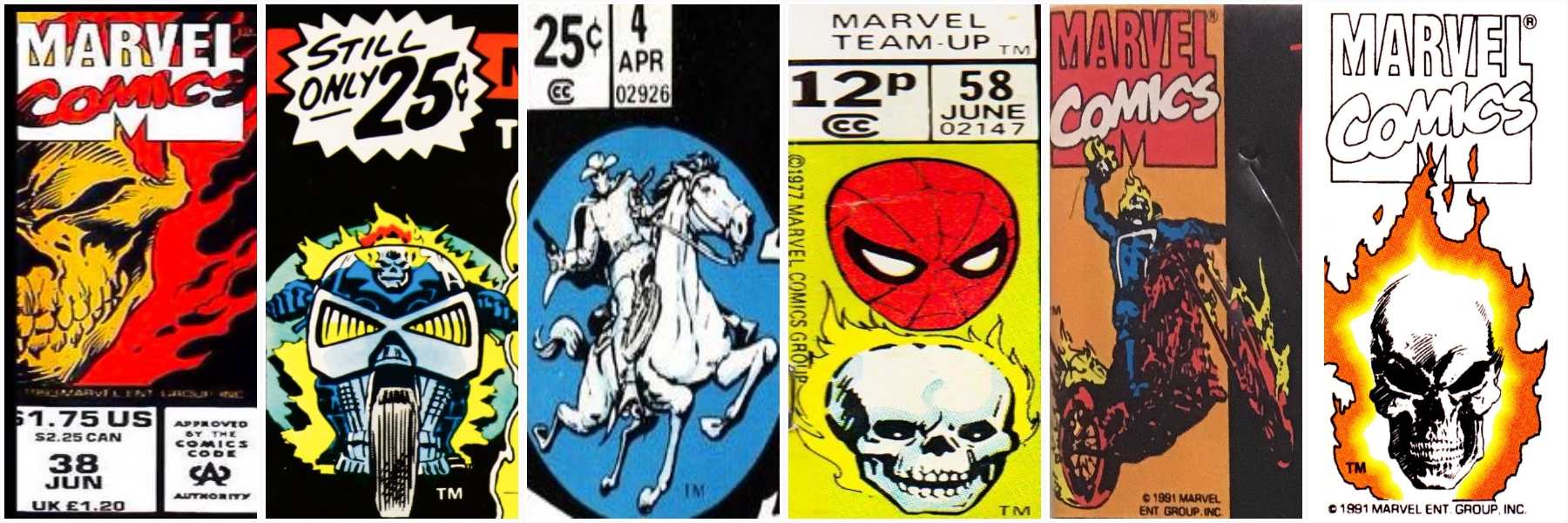


![Ghost of Yōtei First Impressions [Spoiler Free]](https://attackongeek.com/wp-content/uploads/2025/11/Ghost-of-Yotei.jpg)


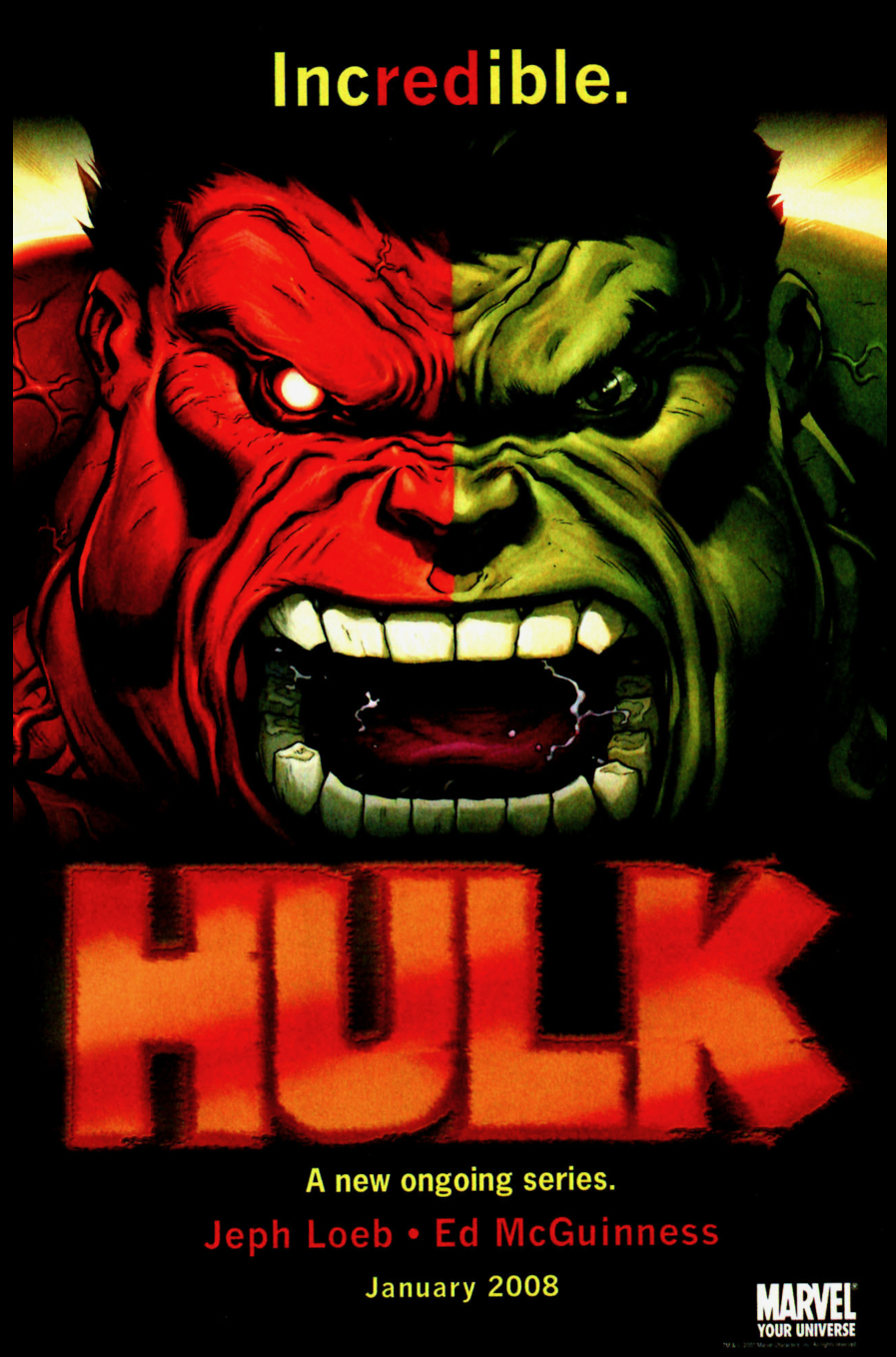
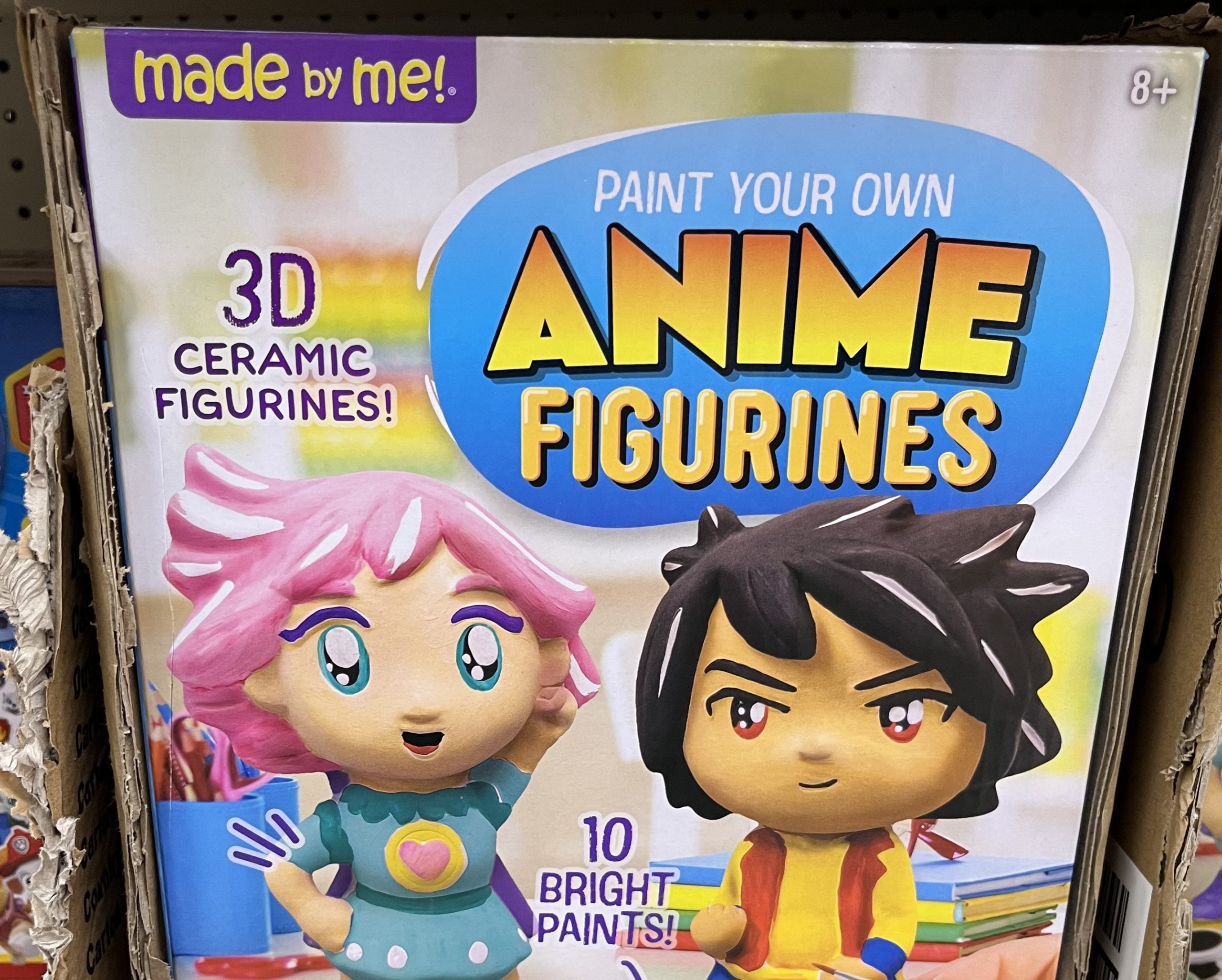
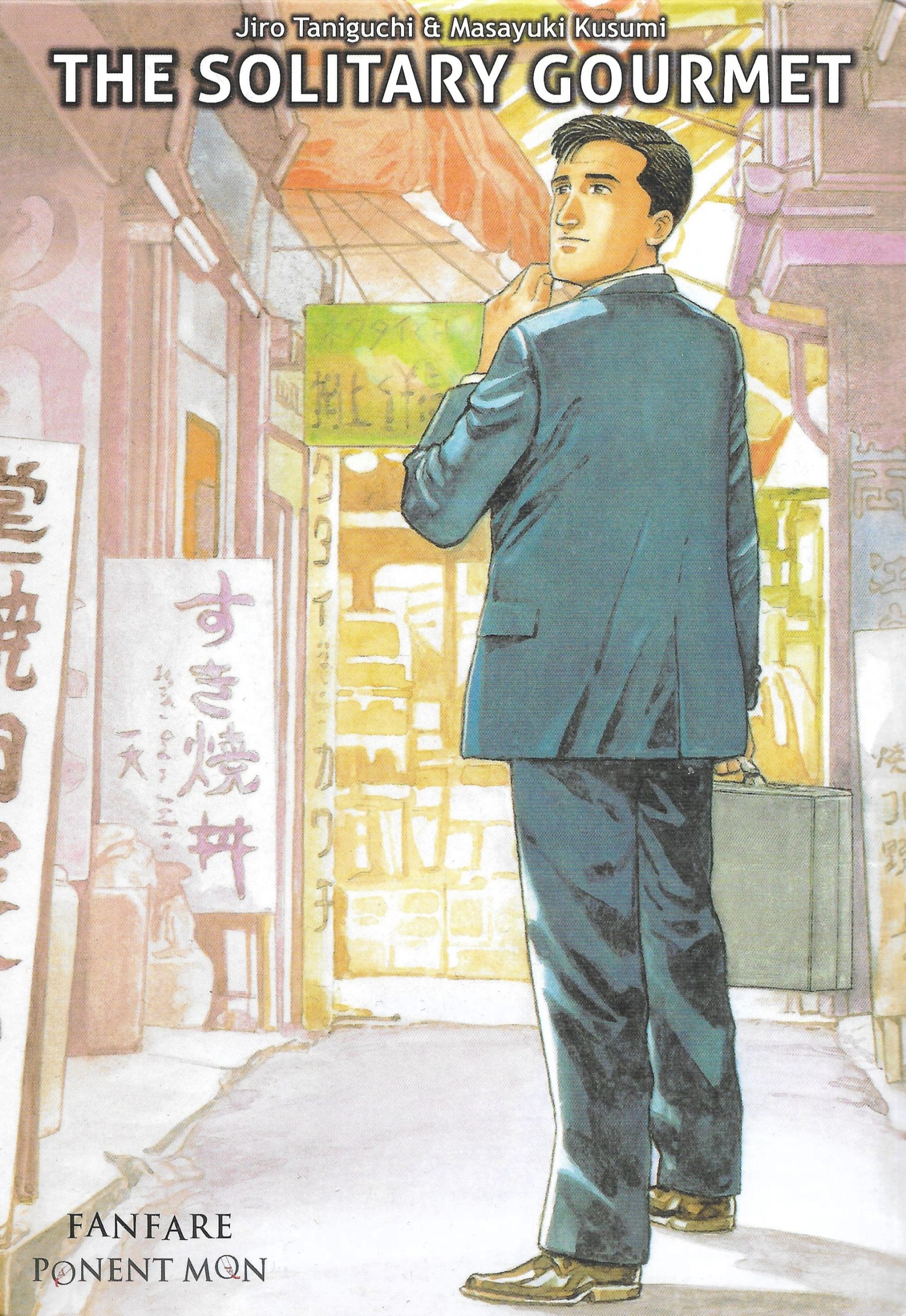
 English (US) ·
English (US) ·